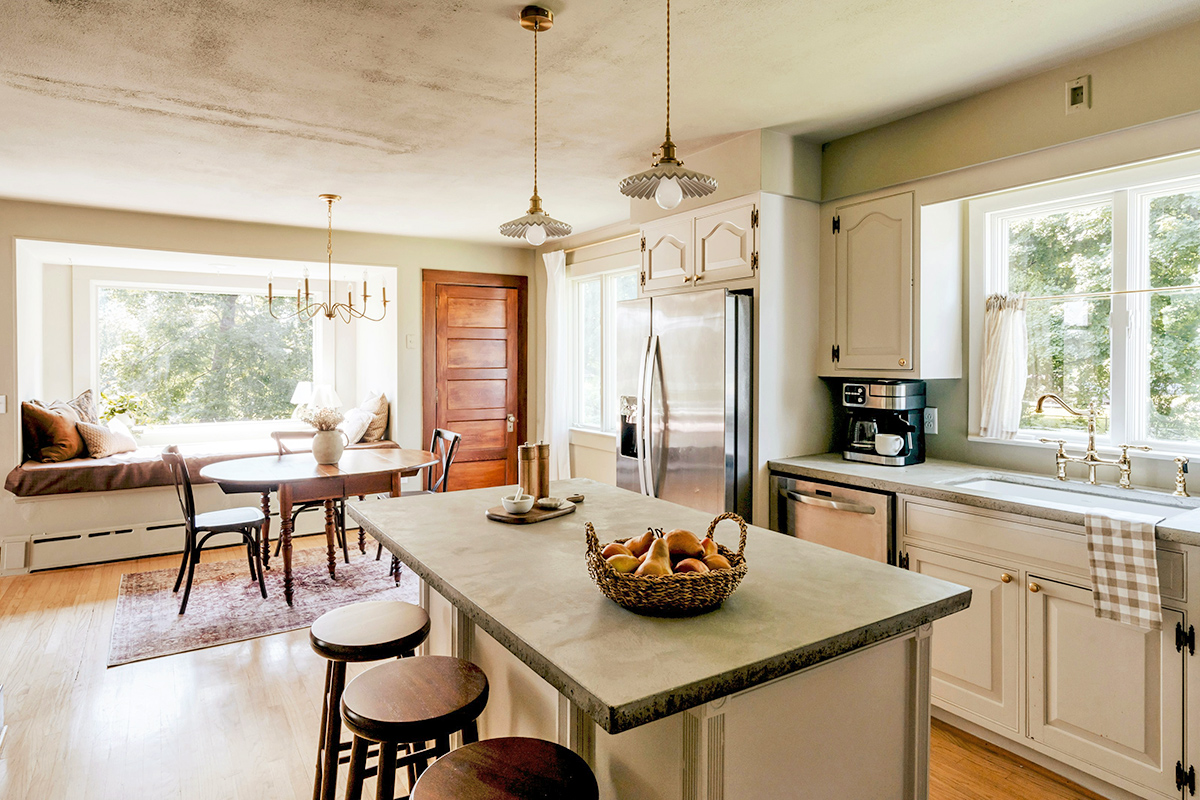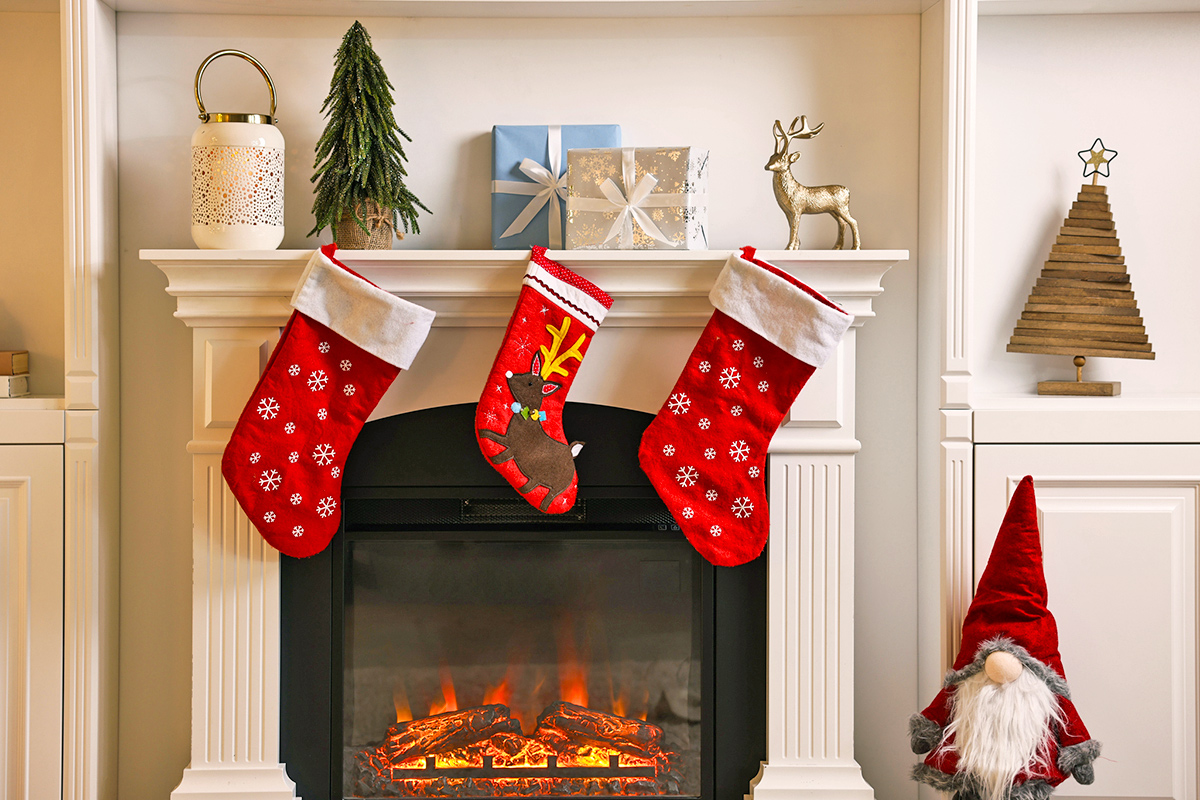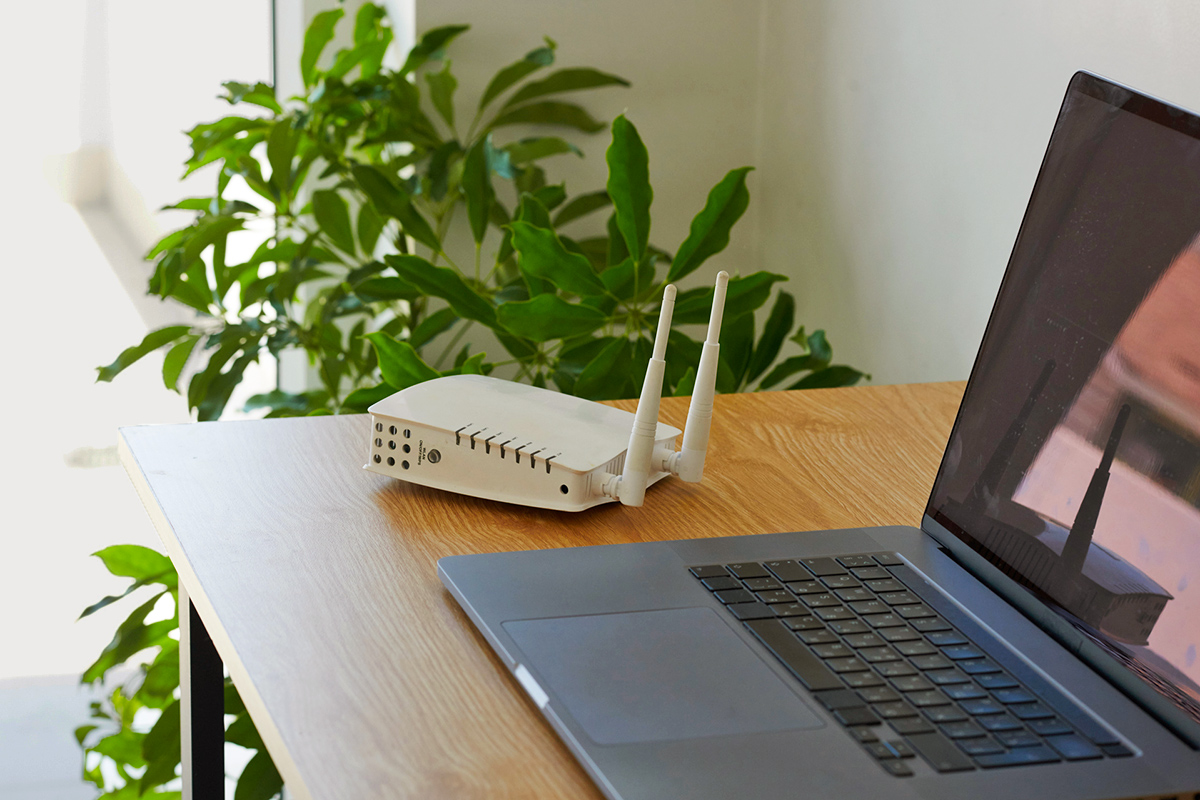Decluttering feels good, until it doesn’t. In the heat of a purge, it’s easy to get carried away and accidentally donate, trash, or recycle things you later wish you hadn’t. Whether it’s sentimental keepsakes or practical items you didn’t think you’d miss, regret often sets in once the dust settles. To help you declutter more…
1. Sentimental Cards and Letters
It’s just paper, right? That’s what many people think until they realize they’ve tossed a handwritten birthday card from a late grandparent or a love letter from a meaningful relationship. These items often gain emotional value over time.
Try This Instead: Keep a small, labeled memory box or accordion folder for sentimental papers. Limit yourself to a set number, such as one box per decade, to stay organized without tossing your history.
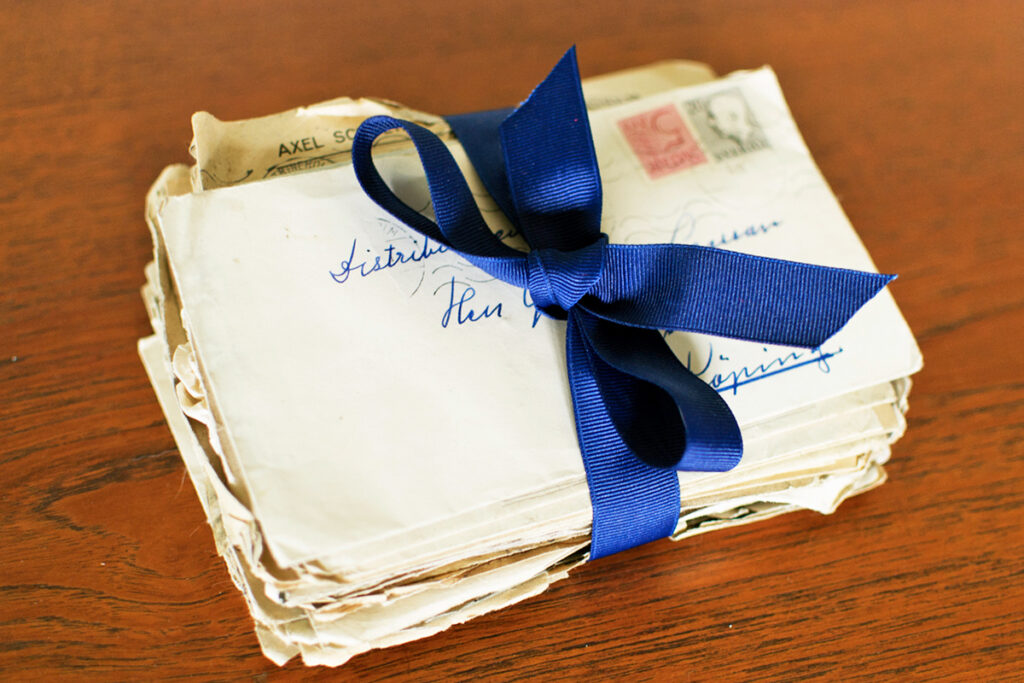
2. Childhood Memorabilia
Old artwork, report cards, or a favorite childhood toy might seem like clutter now, but they can become nostalgic treasures later, especially if you have kids or grandkids who want to see what you were like at their age.
Storage Tip: Scan bulky art and store it digitally, or create a “best of” bin with a few select items. Space-saver bags are great for soft toys or baby clothes you’re not quite ready to part with.
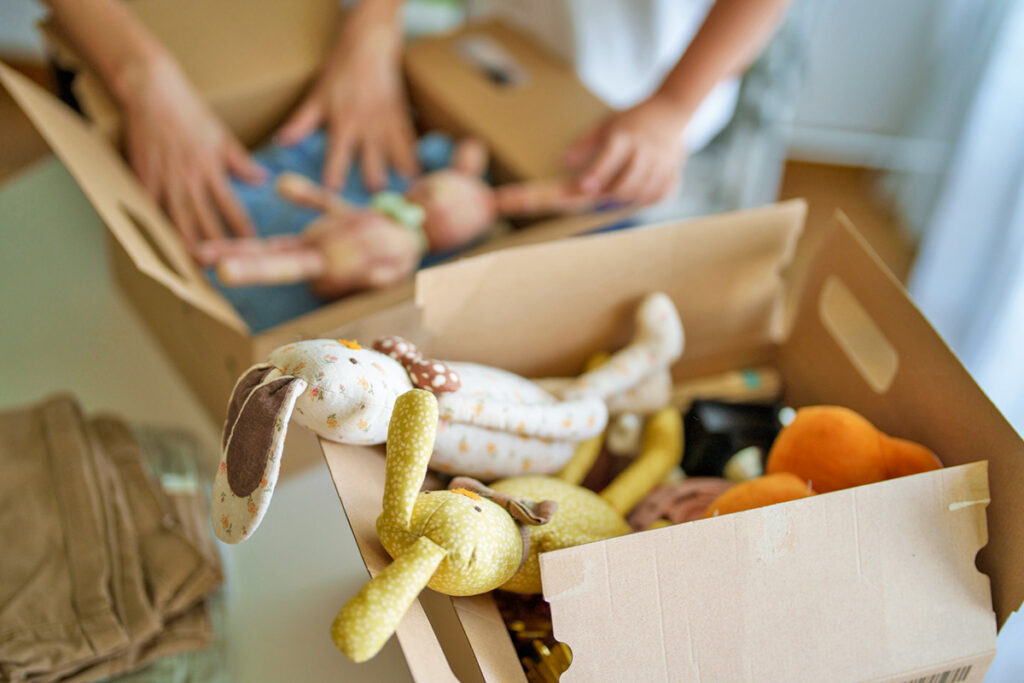
More from our network
House Outlook is part of Inbox Studio, which publishes content that uplifts, informs, and inspires.
3. Tools and Hardware
That random wrench or the extra screws from a disassembled piece of furniture may not seem useful … until you actually need them. Tools and hardware are often expensive to replace and hard to find again.
Keep It Contained: Use a clear organizer box or a portable tackle box to store extra parts and tools. Label the compartments to make it easy to find what you need when the time comes.
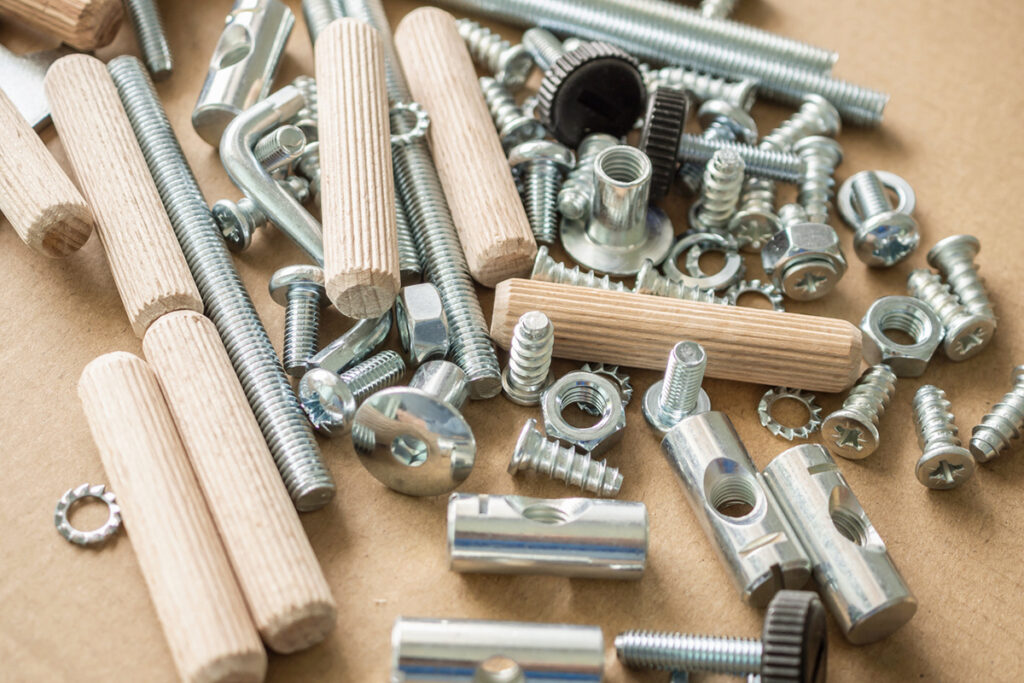
4. Extra Cords and Chargers
In a tech decluttering spree, many people toss unidentifiable cords and later realize they were the only ones they had to power an old camera or tablet.
What To Do: Dedicate a small bin or drawer to electronics accessories. Use reusable cable ties or cord organizers, and be sure to label each one. If you’re unsure what a cord is for, wait six months before you toss it.
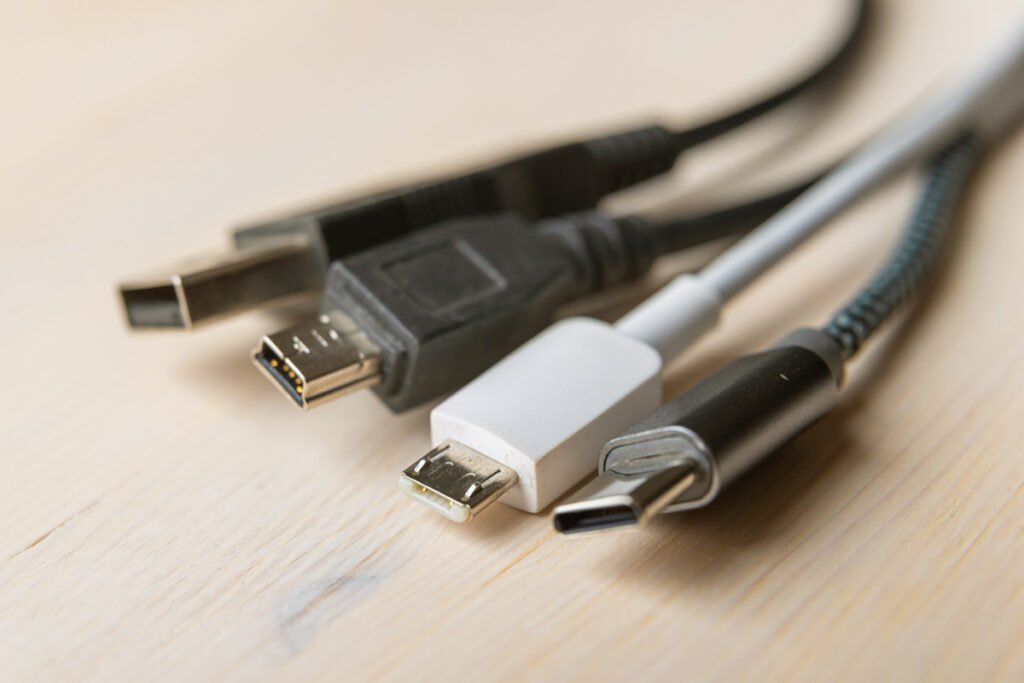
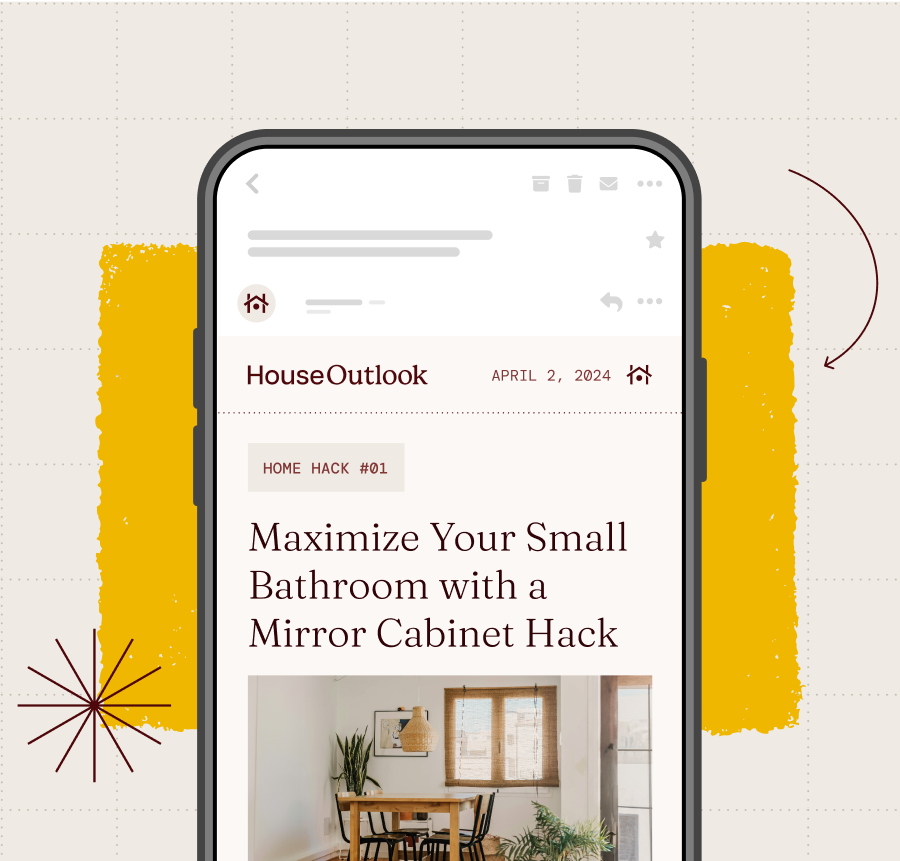

5. Formalwear and Occasion Clothing
You might not wear it weekly (or even yearly), but formalwear is expensive to replace. People often regret donating cocktail dresses, gowns, suits, tuxedos, or even costumes that suddenly become relevant again.
Smart Storage: Use garment bags to protect special occasion wear and store it in the back of your closet, or in the garage or attic (just be mindful of potential pests and temperature fluctuations). Rotate items seasonally and reassess them every few years.
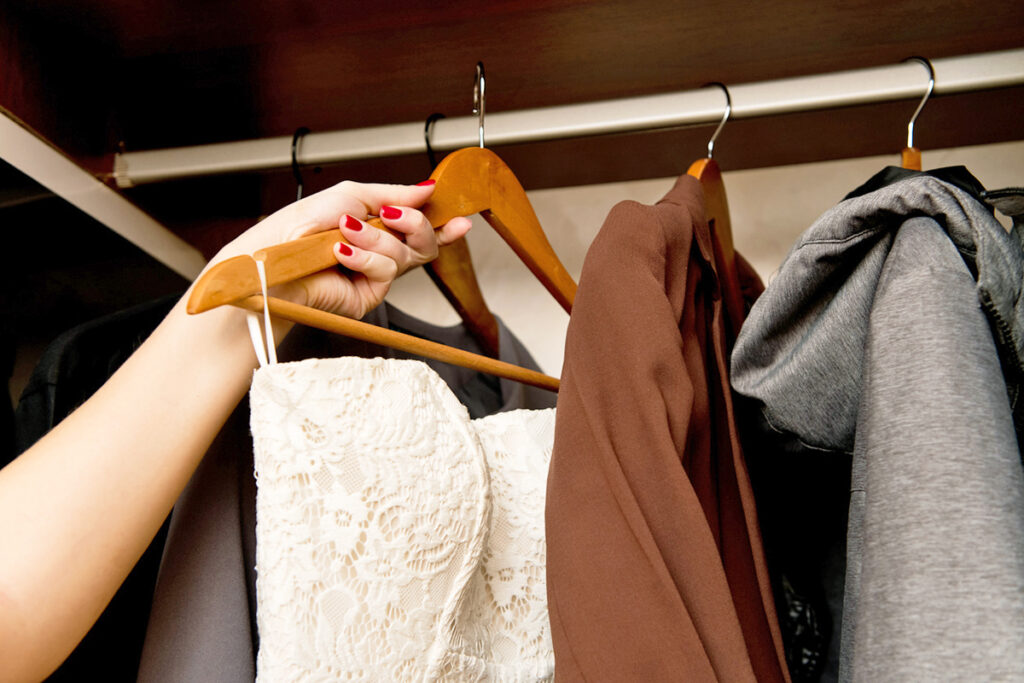
6. Books You Might Read
Minimalism often comes at the expense of a personal library. Many declutterers later regret getting rid of books they hadn’t yet read, or ones with sentimental or aesthetic value.
Instead of Tossing: Try curating. Keep a “someday shelf” for books that still intrigue you. If they remain untouched after a year or so, you’ll know you’re ready to let go.
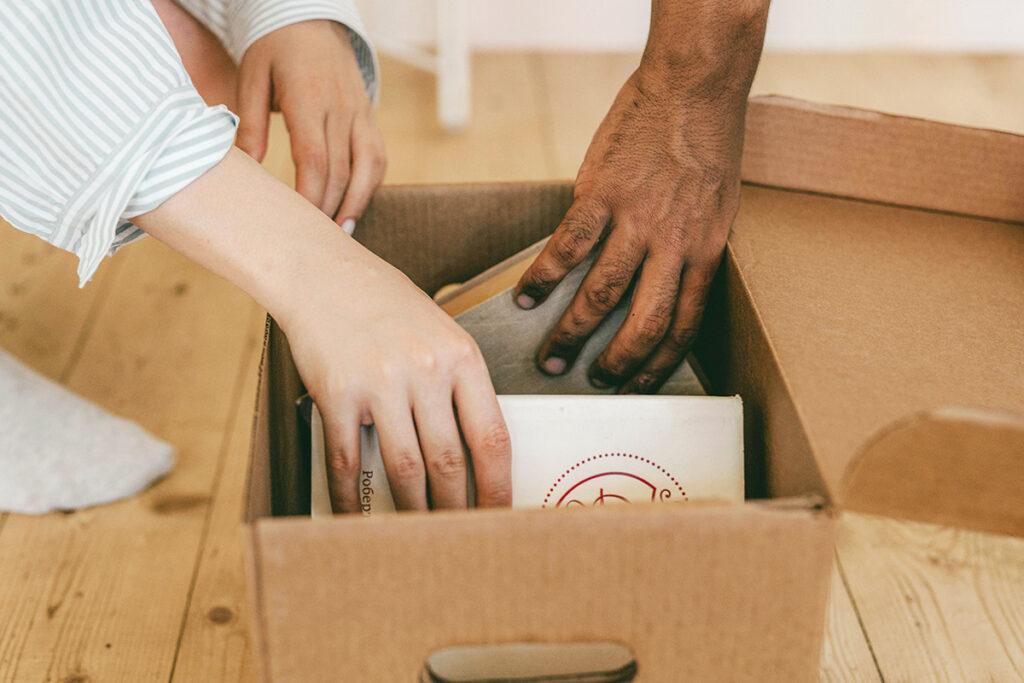
7. Spare Household Items
Extra mugs, duplicate utensils, or spare blankets may feel like clutter now, but they’re incredibly useful when guests come over, something breaks, you move, or in case of a divorce.
Save Space Smartly: Store overflow in a labeled bin in the attic or garage. Limit the extras to one container per category so they don’t become clutter themselves.
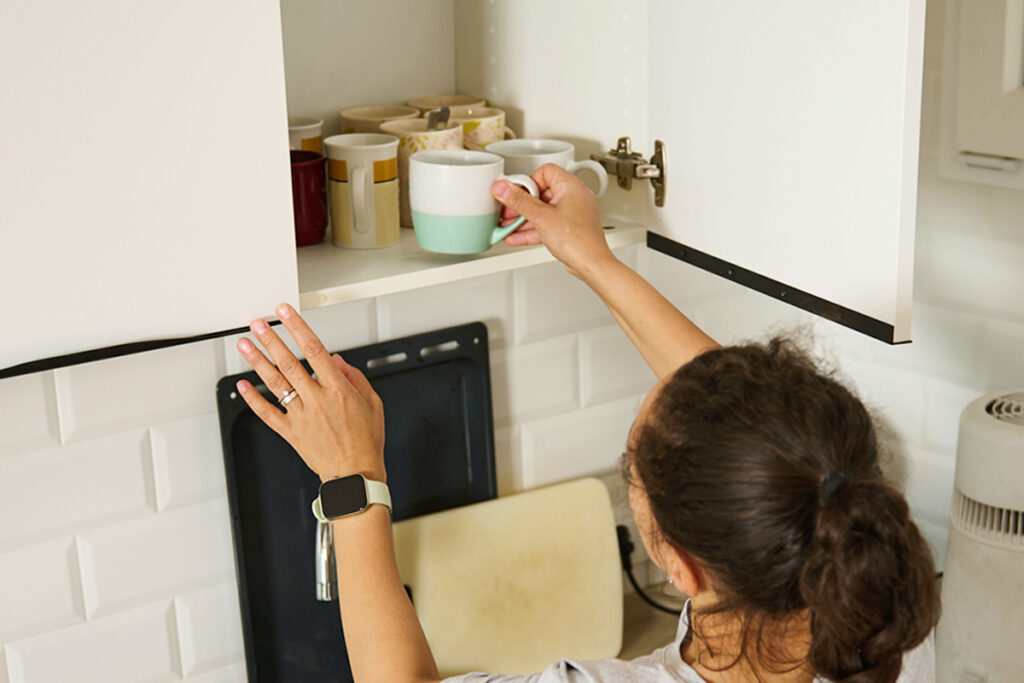
To Sum Things Up
Decluttering doesn’t have to mean tossing everything that doesn’t spark immediate joy. Take a pause, consider future use or sentimental value, and have a system for storage. A little thought now can save you regret — and money — later.













